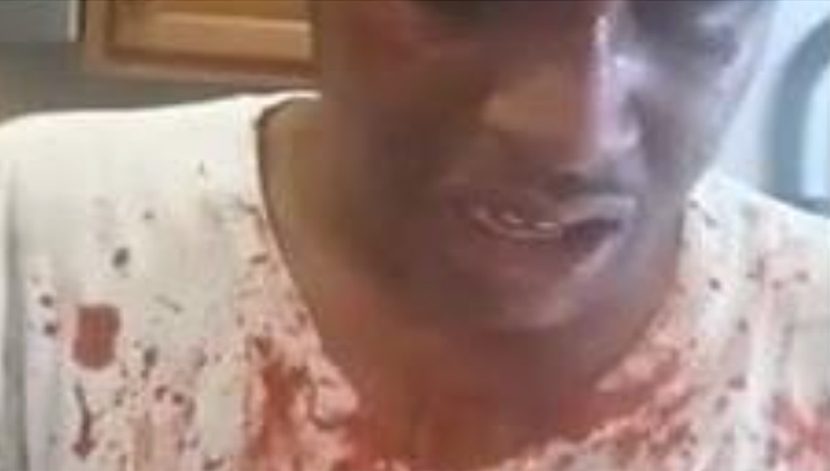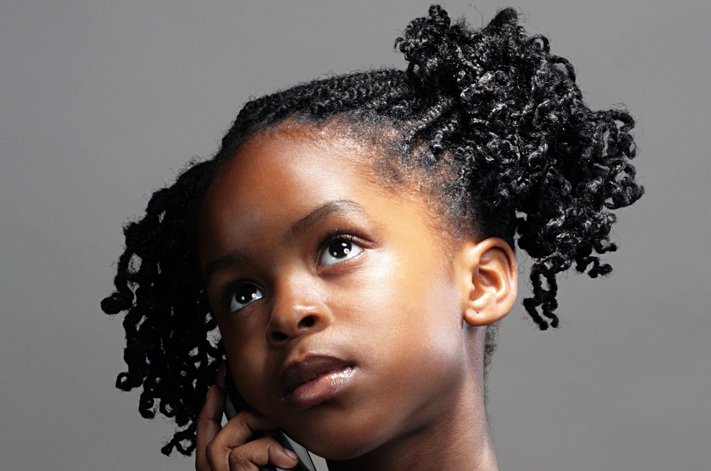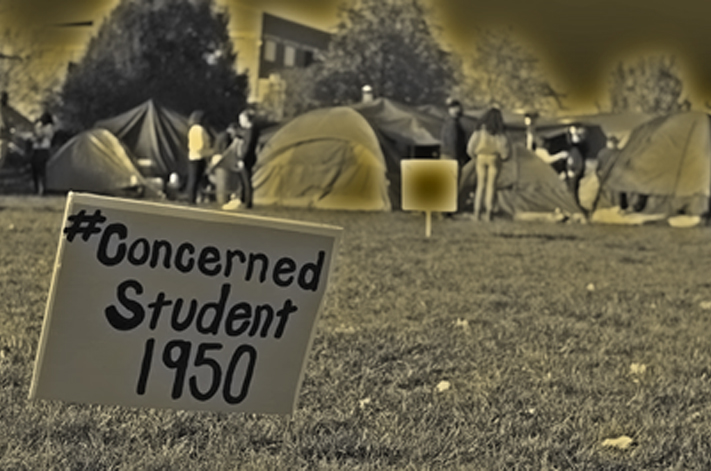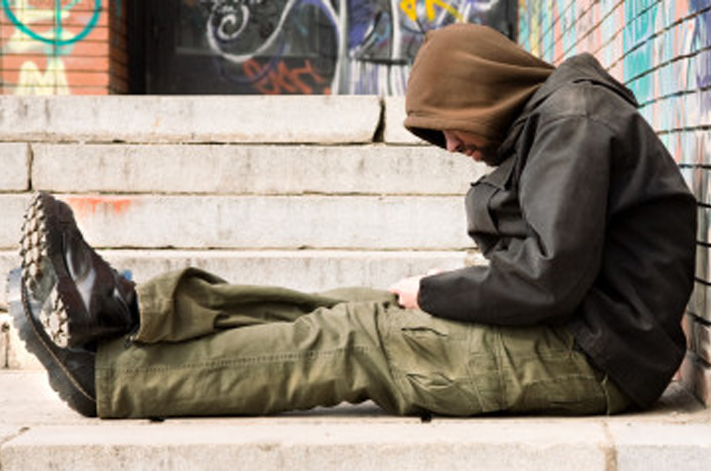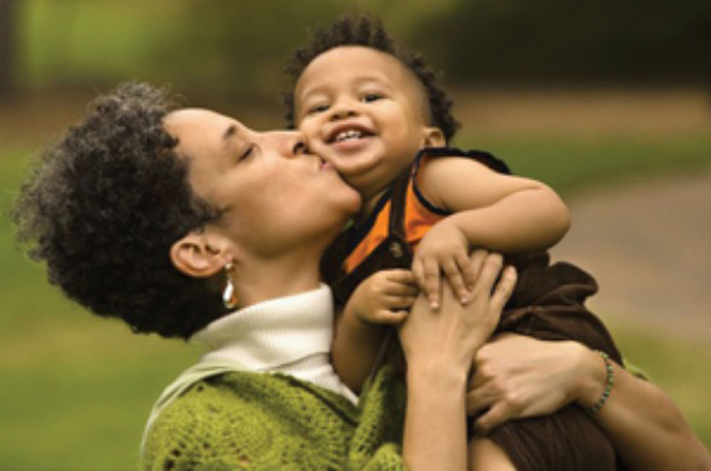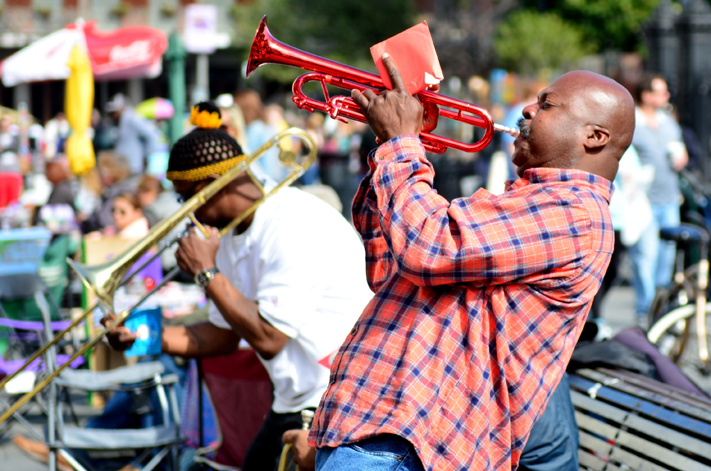Project Description
'And then I wonder, how did we get here?'
My mom has the cheery demeanor, moral sensibilities and lingo of a Leave It To Beaver episode.
“Don’t be such a sourpuss,” she scolds. “Have you ever smoked a doobie?” she inquires. “Oh, that is just terrific!” she exclaims. My mom is what I’d like to affectionately call, a super white lady from Palo Alto. We’ve had our share of differences, from the dramatic middle school years to spats sprinkled here and there, but overall our relationship is solidly loving. And while everyone has their own set of quirky conflicts with their parents, mine is that my mother and I are sometimes at odds when it comes to race.
She’s been married to my dad, who’s Japanese American, for over twenty years and I came to identify as Asian. Primarily because I look it, but also because of who influenced me. My Japanese sister, the friends I grew up with and my family history have shaped my worldview to identify more with people of color while I recognize my own mixed-race privilege. Yet my mom has had trouble separating how I can be part white, not exactly embracing of it and simultaneously condemn racism. Chalk it up to getting older, feeling misunderstood, or that American race relations have tangibly taken center stage as of late, but she has a quick-to-anger tendency on behalf of all the good white folk out there.
In the aftermath of the violence — from Michael Brown and Eric Garner to Officers Wenjian Liu and Rafael Ramo — we tip-toe around trying to make sense of this crazy world together, in a potentially fruitful exchange of ideas. If the news is on we both watch it in heavy silence, as if subjects fraught with race are an emotional minefield between us. But at some point, she baits me with questions: Did you get stuck in the subway because of those protests? Have you heard of Blue Light Week? (It’s a Facebook-driven campaign encouraging people to switch out their porch lights for blue ones to show support for the police). I tell her I haven’t heard of this but a quick perusal over the Blue Light Week Facebook page reveals who’s primarily participating: white people in the suburbs. She explains she’s supporting this because, “Bless their hearts, the police protect us, god damnit.” Her explanation of why she’s on the hunt for a blue light is laced with such defensiveness that I hold my tongue to keep any residual tension from seeping into our holiday family time.
And then I wonder, how did we get here?
Perhaps some of her weariness is rooted in the years of having to explain our relationship. When I was still in a stroller, people would ask if I was adopted from Korea. When I grew up, I noticed people staring and dissecting us, and the exhaustion of a repeated and perfected soundbite felt like a chore. My mother surely picked up on all of this and, like me, grew tired of having to explain and sometimes justify her existence. As I’ve had to often explain why I look ambiguous or “half white and something else,” my mother’s sensitive heart has grown tired of people questioning how I’m actually her daughter.
When I went to college and found a passion for ethnic studies, I had a whole new vocabulary for the things that bothered and unnerved me. I began to express what I found offensive about institutional racism, media portrayals or oppressive politics and somehow, along the way, she became skeptical of my critiques and readings. Not because she didn’t agree, but because she seems to assume that I’ve lumped her in with a collective evil. When we talk about racism, we might as well be talking about her faults as a white person. While she never denies racism does exist, she does feel the need to defend her own identity.
And from who? The only answer I can come up with is from myself, and my own critical stance. While her love for me runs deep, there seems to be a deep-seated questioning of my views as an ethnic person, especially one that challenges a system of privilege. She would read my papers and find them fascinating and always follow up with the question:
But what’s so bad about white people?
The point was missed. After I graduated and moved on to a so-called real life outside of school, we were able to skirt this topic more frequently, which arguably strengthened our relationship.
I want her to know that nothing’s inherently bad about white people. But there is something inherently bad about white racism/privilege/guilt and doing nothing about it. I want her to know that she is my mother through and through. But in my lifetime, I will never be read as white and cannot identify like her. It doesn’t mean that I dismiss her, yet it seems hard to convince her of anything else.
I reflect back to one movie that we would watch together when I was young — the 1959 adaption of Imitation of Life. (A real mood-lifter, I know). Highlighting the complicated nature of mother and daughter relationships, the subplot focuses on a mixed-race daughter who passes as white to deny her black mother. The mother yearns for her daughter’s acceptance; the daughter refuses until it’s too late. While cinematically dramatic, I began to read it as a lesson to “come to terms” with our differences sooner rather than later. It begged me to remember that physical differences and external cultural (mis)interpretations can’t break the bonds of a familial love. That is, when you realize race is truly a construct.
For what its worth, she never found a blue lightbulb.
Diana Emiko Comes to you from the second most expensive place to live. She is also, shameless food photographer. | Follow her at Twitter @emikosworld
This piece was reprinted by EmpathyEducates with permission or license. We thank Diana Emiko for her kindness and for inviting a truly reflective discussion. We also wish to express our appreciation for Medium‘s, Culture Club and Curator, Felicia Megan Gordon.

